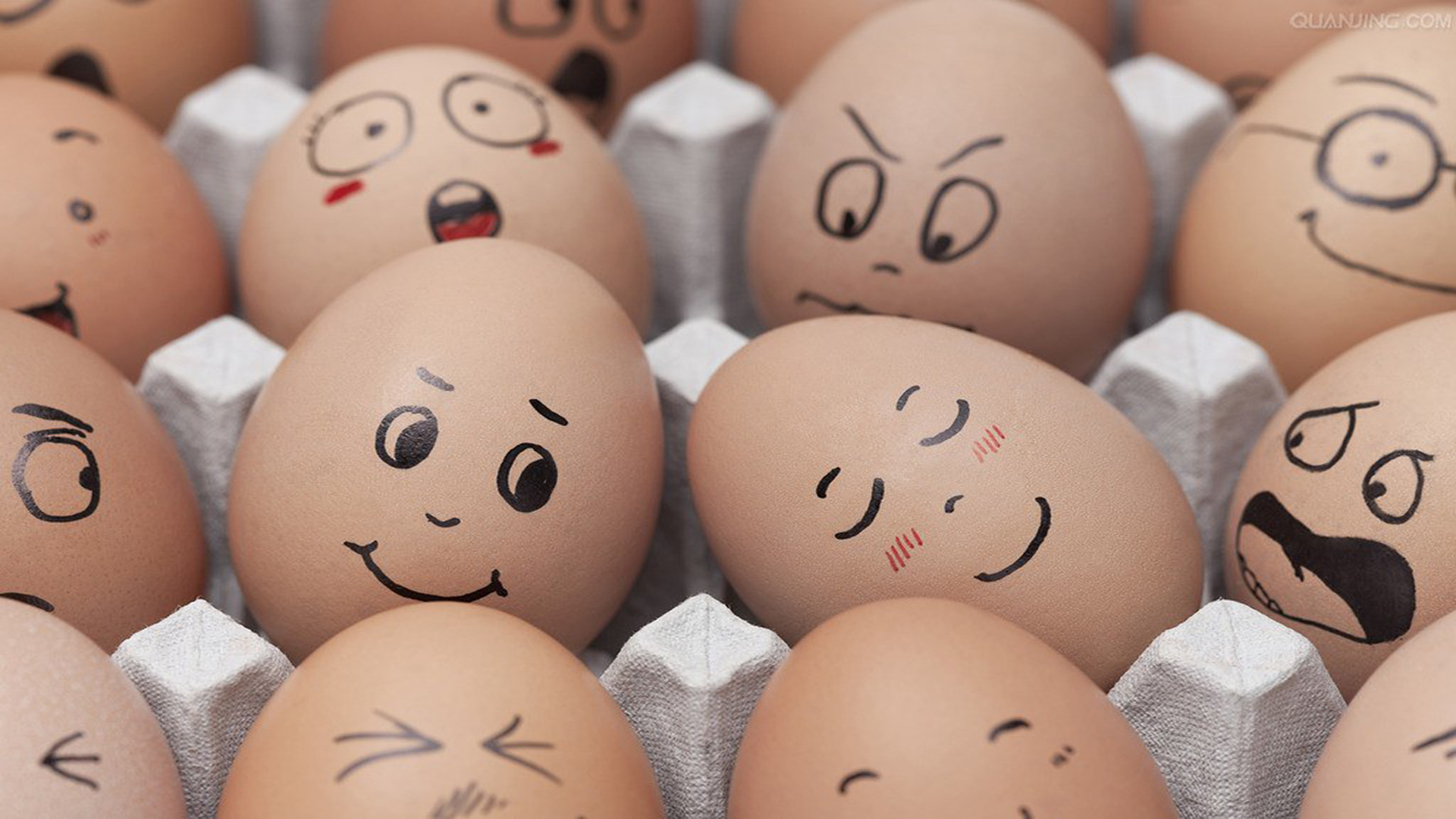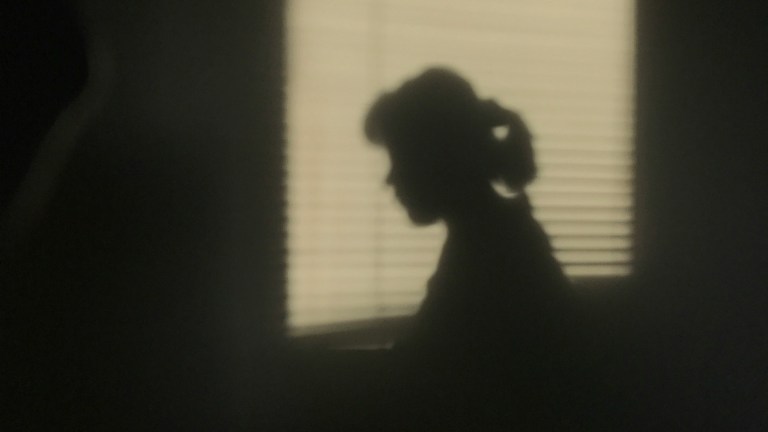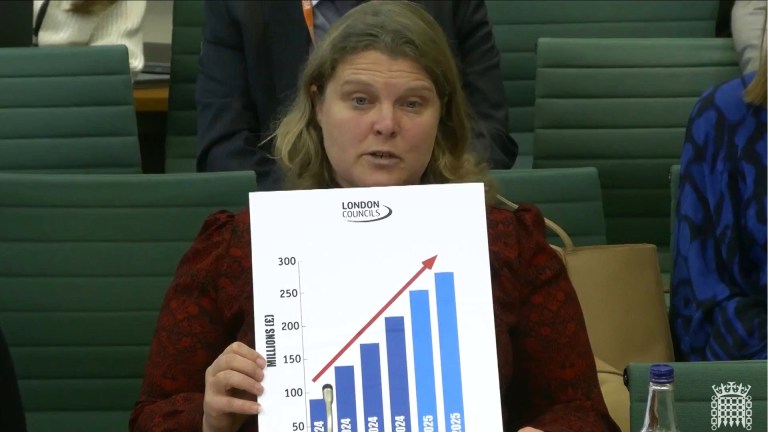Earlier this month it emerged that Brits are throwing away 720 million eggs each year, worth £139m, through strict observance of best-before dates. It’s a worsening problem: in 2008, only 241 million eggs were being wasted. Experts think the growing popularity of vegetarian diets gave egg sales a boost too, meaning more people than ever are relying on them for protein – but, for at least 29 per cent of us, only for as long as the box says we should.
We at The Big Issue are concerned that you might not be getting the most out of your eggs – so this Easter it’s time to set the record straight.
Best-laid plans
EU regulation demands that best-before dates are 28 days from when they were laid. Ask the Food Standards Agency though, and they’ll tell you not to get in a scramble about it. In 2011 it announced that it was safe to eat eggs after the best before date “as long as they are cooked thoroughly until both yolk and white are solid”.
The team behind food waste-fighting app Too Good To Go agrees. Its research revealed the extent of the surplus egg problem, with co-founder Jamie Crummie commenting: “If you’ve been throwing your eggs in the bin based on the dates on the box, you’ve probably been wasting perfectly good food.”
According to the British Egg Information Service (BEIS), eggs have seen more than a decade of sales growth, up again this year by four per cent (the equivalent of 240 million extra eggs or half a carton for every person in the UK). But this wasn’t always the case. In 1988, then-junior health minister Edwina Currie triggered national hysteria when she told ITN: “Most of the egg production in this country sadly is now infected with salmonella.” By the following day, egg sales had dropped by 60 per cent.
The industry eventually recovered. The BEIS has no evidence of lingering distrust of eggs and points to a recent change in advice on the consumption of raw or runny eggs. A spokesman said as long as an egg has the Lion mark – the food safety scheme that applies to 90 per cent of eggs produced in the UK today – it was laid by a hen vaccinated against salmonella and can be eaten even by pregnant women and babies.










